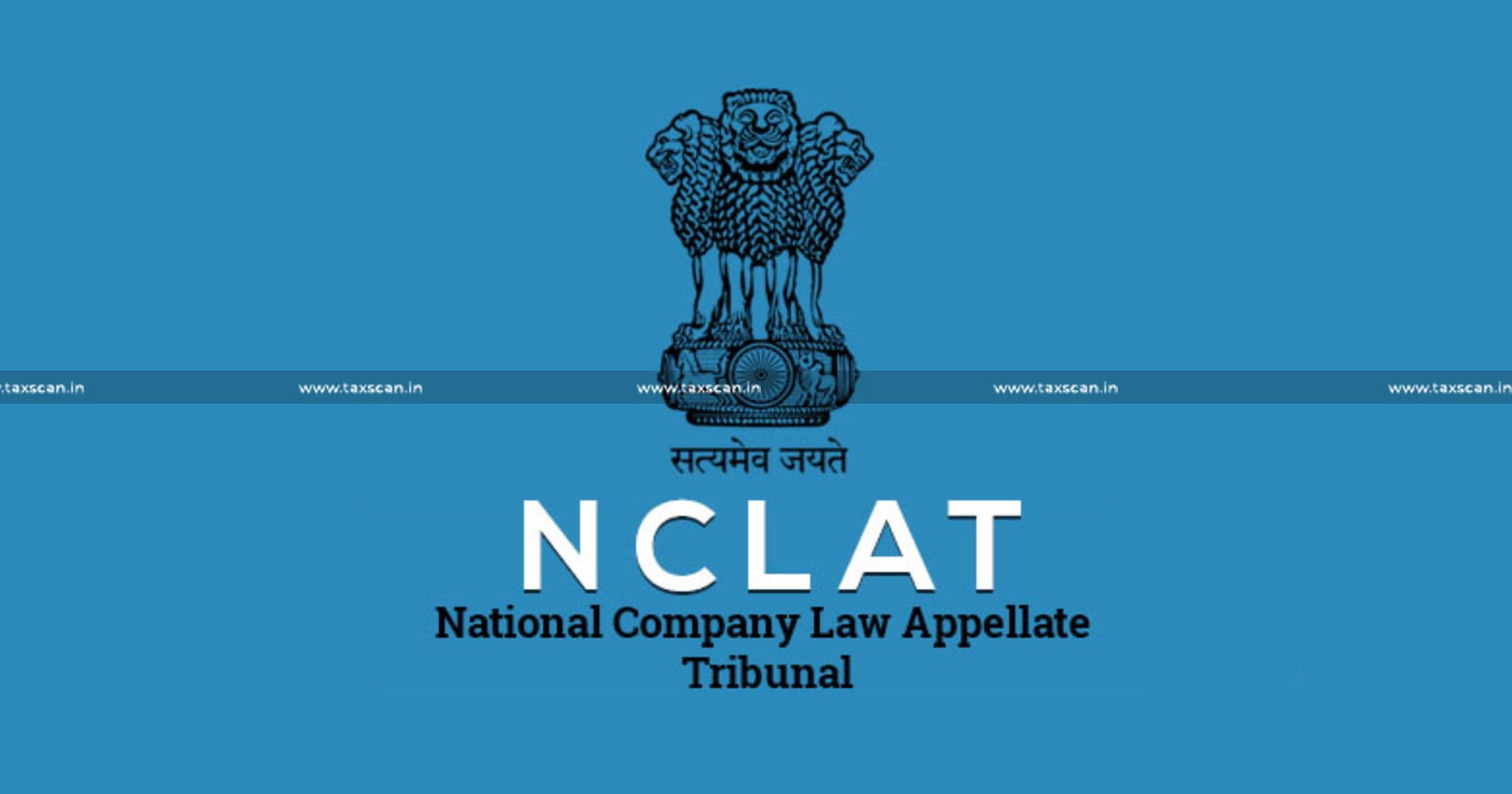NCLAT allows admission of CIRP Application as Debt established with record of NeSL and default [Read Order]
Since the debt and default both have been admitted and proved, the bench held that the application filed under Section 7 could not have been dismissed.
![NCLAT allows admission of CIRP Application as Debt established with record of NeSL and default [Read Order] NCLAT allows admission of CIRP Application as Debt established with record of NeSL and default [Read Order]](https://images.taxscan.in/h-upload/2025/06/19/2050427-nclat-cirp-taxscan.webp)
The New Delhi bench of the National Company Law Appellate Tribunal( NCLAT) has allowed the admission of CIRP Application as Debt established with record of NeSL and default.
Fabtech Technologies International Ltd, the appellant challenged the order dated 10.07.2023 by which an application filed under Section 7 of the Insolvency and Bankruptcy Code, 2016 against Buildmighty Techno Pvt. Ltd. (Corporate Debtor) for the resolution of an amount of Rs. 5,96,33,275/- alongwith interest calculated till 11.05.2022, has been dismissed.
The Corporate Debtor which was initially incorporated as Fabtech Sterling Technologies Pvt. Ltd. but w.e.f. 27.11.2014 its name was changed to FTS Buildtech Pvt. Ltd. and ultimately w.e.f. 09.08.2021 again changed its name as Buildmightly Techno Pvt. Ltd., availed financial assistance from the Financial Creditor, namely, Fabtech Technologies International Limited at several intervals since calendar year 2012 which was duly accepted and acknowledged by the CD.
Want a deeper insight into the Income Tax Bill, 2025? Click here
The Financial Creditor filed the application under Section 7 in which the date of default is mentioned in part IV as 12.05.2022 and had also filed the NeSL report dated 11.05.2022 in which the amount of Rs. 5,96,33,275/- is shown as outstanding. It also filed the Bank Statement from 01.09.2019 to 30.09.2019 and 01.04.2020 to 07.04.2020. There was no written agreement between the parties but the CD agreed to pay outstanding amounts to the Appellant as and when called upon by the Appellant. It is further alleged that the CD was honouring the repayments till financial year 2018 -19 but stopped making the repayments.
It is alleged that the Appellant issued a demand notice on 09.04.2022 for repayment of long outstanding unsecured loan by providing 30 days’ time to the CD and when it failed to repay the same, filed the present application under Section 7 of the Code. The CD/Respondent did not file the reply to the application. However, during the pendency of the application, on 16.05.2023, the Respondent through Amjad Adam Arbani accepted that the company is liable and they have not paid the Appellant/Petitioner. On the same date, the matter was reserved for orders.
The Tribunal dismissed the application on the ground that in the absence of loan agreement it is not possible to determine the date on which the default took place. It is also observed that the Financial Creditor has failed to demonstrate as to how and when the loan was repayable by the CD.
How to Audit Public Charitable Trusts under the Income Tax Act Click Here
 Also Read:NCLAT Dismisses Appeal by Suspended Company Director: Upholds Insolvency Against the Company [Read Order]
Also Read:NCLAT Dismisses Appeal by Suspended Company Director: Upholds Insolvency Against the Company [Read Order]
The Tribunal has further observed that no demand notice was shown to have been served by the Appellant asking for the repayment of dues from the CD and further observed that the event of default would take place only when the loan was not paid after it becomes due and since no due date of the alleged loan has been mentioned, therefore, it was imperative on the part of the Financial Creditor to have issued a notice for recalling the loan. On this premise that the Appellant has failed to prove the factum of default, the petition was dismissed.
A two member bench of Justice Rakesh Kumar Jain, Member (Judicial) and Naresh Salecha, Member (Technical) observed that there was a debt which has been admitted and established with the record of NeSL and default i.e. after the notice was issued on 09.04.2022 by which 30 days time was given to the Respondent to pay i.e. up to 09.05.2022 and these facts were brought to the notice of the Tribunal by way of an additional affidavit dated 15.05.2023.
All these facts indicates that the Tribunal has committed an error in not considering the affidavit dated 15.05.2023 which the Appellant had placed on record with demand notice as well as the record of the NeSL about the amount in default.
Since the debt and default both have been admitted and proved, the bench held that the application filed under Section 7 could not have been dismissed. The appeal was allowed and the impugned order is hereby set aside.
Support our journalism by subscribing to Taxscanpremium. Follow us on Telegram for quick updates


